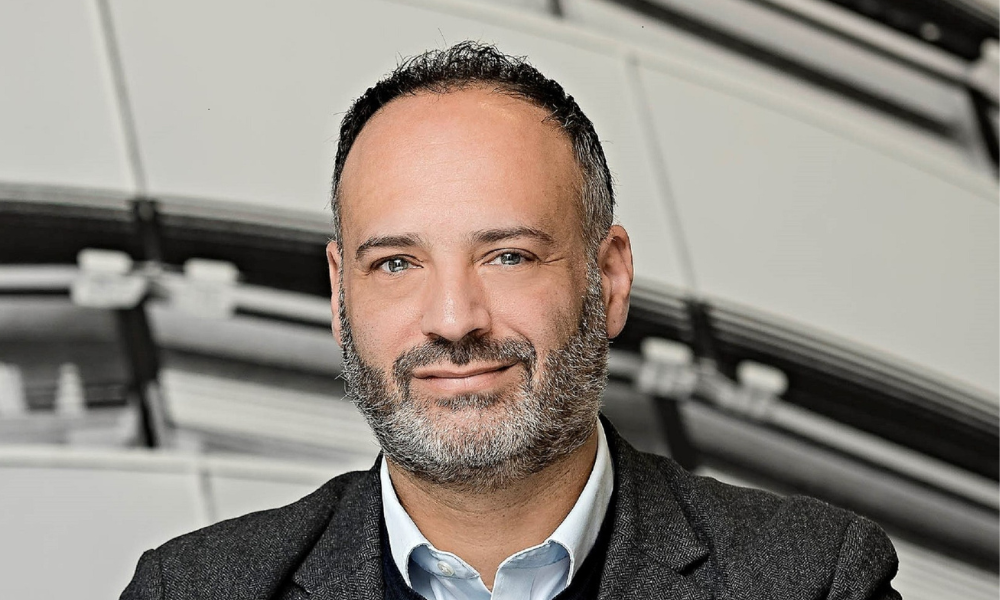Renewed interest in trackers follows BoE interest rate increase

Could tracker rates enjoy a new lease of life following the increased cost of fixed term products?
That’s the view of some brokers after the Bank of England (BoE) raised interest rates by 0.75%, increasing the base rate to 3% and representing the greatest hike since 1989.
Mike Staton, director at Staton Mortgages, said. “The biggest misconception in the mortgage industry is that of rates. Most people normally ask, what is best but the answer is far more complex than people realise.”
Staton suggested that trackers were a fantastic option at the moment as many of those on offer were more than half the rate of a fixed mortgage available with the same lender.
“This is attractive to many people, but basing your mortgage application purely on an interest rate could be deadlier than Liz Truss with a calculator,” he added.
Staton explained that clients needed to be looking long and hard at their disposable income when considering a tracker.
“Whilst the initial rate could blow your socks off in the current market, any increase could make your mortgage unaffordable,” he said.
Some tracker mortgages do come with early repayment charges (ERCs) too, so Staton outlined that customers must make sure they are fully advised on any product that they take out and completely understand the lenders criteria fully before applying.
Read more: Borrowing rates 'could reduce', says London broker
Staton outlined that people on trackers would be the first to benefit from rate drops and added that his own remortgage was due in April. His primary consideration was a tracker with no ERCs.
“Deciding between a tracker or variable mortgage and a fixed rate is nothing to do with cost,” said Lewis Shaw, owner and mortgage broker at Riverside Mortgages. “Various TV journalists have brought about this fallacy of equivocation between 'cost' and 'best', always talking about 'get this, it is cheapest' or 'switch to that to save £X'. It is all nonsense.”
Shaw explained that the decision on what type of mortgage was appropriate for someone can only be determined following a thorough understanding of a customer's circumstances.
He said there had never been a “best" mortgage as it came down to attitudes towards risk, financial resilience, a proper understanding of the impacts of each type of product and the overall situation.
“A tracker is no good for someone scared of their own shadow, even if it is the cheapest, because they have to be able to sleep at night,” Shaw said.
Equally, he outlined that a fixed rate was not beneficial for someone with large bonuses who wanted to make significant lump sum overpayments a couple of times a year.
Likewise, Shaw added that an offset mortgage was as much use as “a chocolate teapot” for consumers who did not save and were not utilising the benefits of an offset account.
“It is, and has always been, horses for courses. This reductionist prism through which so much is viewed, reducing everything to cost, is a fallacy that needs to be broken,” he said.
Andrew Montlake (pictured), managing director at Coreco, said that in recent times he had seen an uptick in people taking out tracker mortgages.
“When there is a 2% to 3% difference in discounted variable and tracker rates compared to their fixed alternatives, it is certainly something that has to be discussed,” he said.
As ever, Montlake said it comes down to clients' personal attitudes toward risk and their personal circumstances, but in today's environment, he outlined that a tracker or discounted variable may well be the best option for an increasing number of borrowers.
For many, he explained, this gave them a lower payment now and, where there were no ERCs, an opportunity to switch to a fix at a later date.
“Hindsight is a wonderful thing, but those borrowers who paid ERCs to fix in at higher fixed rates may feel that this was the wrong option, whilst those who decided to wait patiently on a variable rate for the market to calm may end up the ones with a smug grin,” he added.
That said, Montlake detailed that fixed rates were always seen as an insurance policy, so he said for those who ultimately wanted the security of knowing what their payments would be every month, he believed fixing would always be the best option.
“For those who can afford to be a little more flexible, it seems that this season at least, trackers are the new black,” Montlake said.
Read more: Reaction to biggest rate hike in decades
Graham Cox, director at Self Employed Mortgage Hub concurred with Montlake that interest in tracker mortgages had soared as clients became aware how much cheaper they were.
Cox explained that they were definitely a gamble, but possibly a good one, as long as the borrower could afford to take the risk.
“With fixed rates around 6% and trackers 3-3.5%, it is possible you would still be quids-in even if the base rate hit 5%,” he added.
Alastair Hoyne, chief executive at Finanze outlined that interest rates were indeed expected to keep increasing potentially all the way up to 5% by this time next year.
“A tracker mortgage is lunacy in our opinion as a result. Property investors should be locking in the best long term fixed rates they can get now and sighing in relief,” he said.
Hoyne believed that in fact, those with a year left on existing fixed rates should be looking at the costs of exiting early to lock in now instead of later down the line when costs would be even higher.
“It will take a number of years before rates start to come down again and it is far better to hedge at a price that you can afford now then risk it being flexible and ultimately potentially pricing you out entirely,” he added.


